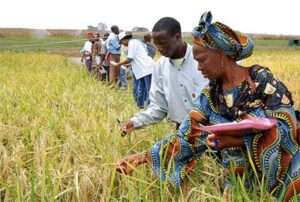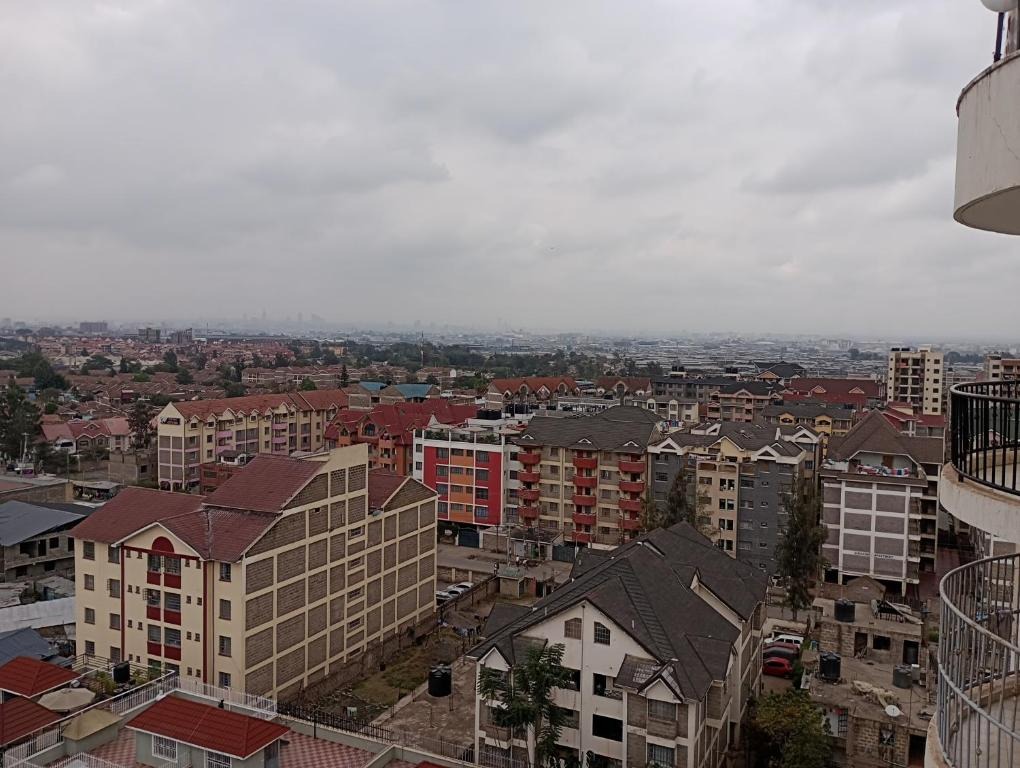Kenya, with its diverse climate zones and fertile soil, presents an enticing opportunity for agricultural investment. The country’s agricultural sector plays a pivotal role in its economy, employing a significant portion of the population and contributing substantially to the GDP. For both local and foreign investors looking to tap into this potential, purchasing agricultural land in Kenya requires careful consideration and strategic planning. In this comprehensive guide, we delve into the key factors to consider when investing in agricultural land in Kenya.
Understanding Kenya’s Agricultural Landscape

Kenya’s agricultural landscape is as diverse as its culture and geography. From the highlands producing tea and coffee to the Rift Valley and coastal regions cultivating fruits and vegetables, the country offers a wide array of agricultural opportunities. Understanding the local climate, soil types, and market demand is essential for identifying the most suitable crops for your investment. Investors should also consider factors such as altitude, rainfall patterns, and temperature variations when selecting the location for their agricultural venture.
Identifying Investment Opportunities

Investors should conduct thorough research to identify high-value crops with strong market demand and export potential. Avocados, macadamia nuts, and greenhouse vegetables are among the crops gaining popularity among investors due to their profitability and exportability. Additionally, exploring value-added opportunities such as agro-processing and livestock farming can further enhance the profitability of your investment. It’s essential to assess market trends, consumer preferences, and potential challenges such as pests and diseases when selecting crops for cultivation.
Navigating Land Ownership Regulations

Navigating Kenya’s land ownership regulations is crucial for investors, especially foreign buyers. While the Constitution guarantees the right to own property, there are restrictions in place to protect indigenous land rights. Foreign investors may only lease land for a maximum period of 99 years, making it essential to consult legal experts familiar with Kenyan land laws to ensure compliance and avoid any legal pitfalls. Additionally, investors should conduct thorough due diligence to verify the land’s ownership status, title deed validity, and any existing disputes that may affect their investment.
Conducting Due Diligence and Land Assessment

Before finalizing a land purchase, thorough due diligence and land assessment are paramount. Engage professionals such as land surveyors, agronomists, and environmental consultants to assess soil fertility, water availability, and potential environmental risks. Verify the land’s ownership status, title deed validity, and any existing disputes that may affect your investment. Additionally, consider conducting a feasibility study to evaluate the economic viability of your agricultural venture and develop a comprehensive business plan.
Assessing Infrastructure and Accessibility

Investing in areas with reliable infrastructure is crucial for the success of agricultural ventures. Access to transportation networks, markets, and essential services such as water and electricity can significantly impact farm operations and market access. Prioritize locations with well-developed infrastructure to minimize logistical costs and enhance the efficiency of your agricultural investment. Additionally, consider the availability of storage facilities, processing plants, and other agro-related infrastructure to support your business operations.
Community Engagement and Sustainability
Building positive relationships with local communities is essential for sustainable agricultural investment in Kenya. Engage with community leaders, stakeholders, and neighboring farmers to foster trust and address any concerns. Embrace sustainable farming practices that prioritize environmental conservation, water management, and social responsibility to ensure the long-term viability of your investment and contribute to local development initiatives. Additionally, consider implementing corporate social responsibility programs to support community projects and enhance your brand reputation.
Conclusion
Investing in agricultural land in Kenya offers promising opportunities for investors seeking to capitalize on the country’s agricultural potential. By understanding the agricultural landscape, identifying lucrative investment opportunities, navigating land ownership regulations, conducting thorough due diligence, and prioritizing sustainability and community engagement, investors can unlock the full potential of agricultural investment in Kenya while contributing to economic growth and food security objectives.







